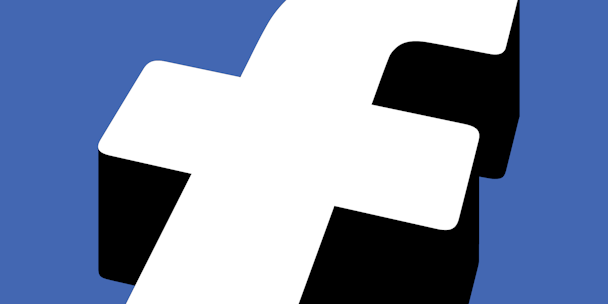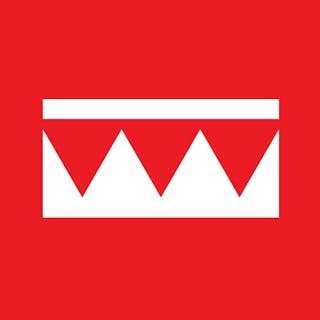Facebook’s six-hour outage costs an estimated $79m in ad revenue loss
Facebook is counting the cost of an unprecedented outage that took it and sister products Instagram, Messenger and WhatsApp offline in a global failure.

Facebook, Messenger, Instagram and WhatsApp were all down for around six hours
Believed to be the most severe failure in the company’s history, the crash has hit advertisers hard.
A rough calculation provided by fact-checking website Snopes suggests that the social media giant hemorrhaged $79m in ad revenue during six hours of downtime – though this is caveated by some assumptions on the consistency of spend.
Nevertheless, the financial damage can be counted in the millions, but it is the reputational hit that may prove to be the most costly aspect for the business in the long run as marketers realize that Facebook’s reliability cannot be taken for granted. Many businesses rely on this infrastructure to operate (80% of its income comes from SMEs, many of whom will be all in on FB products). And then there are less connected nations that are reliant on Facebook’s connectivity on an existential level.
Forrester principal analyst Renee Murphy points out that the outage was rumored to be a Border Gateway Protocol (BGP) problem. “It might be really hard to get into a router and change the route tables from outside the organization, but inside it’s a piece of cake. If it really is a BGP problem, that is a big problem. This is not something that should ever happen at a company this sophisticated with this much data.”
Explaining what steps brands must take to ensure continuity of presence during such events, Aaron Goldman, chief marketer at advertising technology platform Mediaocean, takes the opportunity to remind brands of the importance of an omnichannel marketing strategy.
With Facebook’s mishap demonstrating the folly of placing all of your eggs in one basket, Goldman states: “The key is taking an omnichannel approach and ideally having that strategy in place before any one particular platform goes down. The same way consumers don’t rely on any one app for all their media consumption and interpersonal communication, brands cannot rely on any one app for all their marketing.
“We like to say that marketers need to market the way consumers consume, which means moving seamlessly across channels and screens. To execute on an omnichannel strategy, brands need a centralized platform that connects with all the various media and advertising channels. Marketers can use automated tools to handle budget planning, audience definition, creative personalization, bid management and campaign measurement. So if Facebook is down, or just not performing well, the spend will move to other media partners and come back when the issues are resolved.”
Reminding advertisers that times of crisis often bring with them new opportunities, Goldman adds: “At the end of the day, brands can turn challenges like a Facebook outage into an opportunity to connect with consumers in other ways. But in order to execute, brands need to have an omnichannel approach to everything, from advertising to content to commerce.”
With the dust now settled, Mark Zuckerberg has issued a groveling apology to users for the outage, blaming the issues on a server update gone wrong.
This came as the business was handling the latest claims from the Facebook whistleblower behind The Wall Street Journal’s Facebook Files series, which were aired on CBS News’s 60 Minutes show.
Content created with:

Meta
Our products empower more than 3 billion people around the world to share ideas, offer support and make a difference.
Find out more
